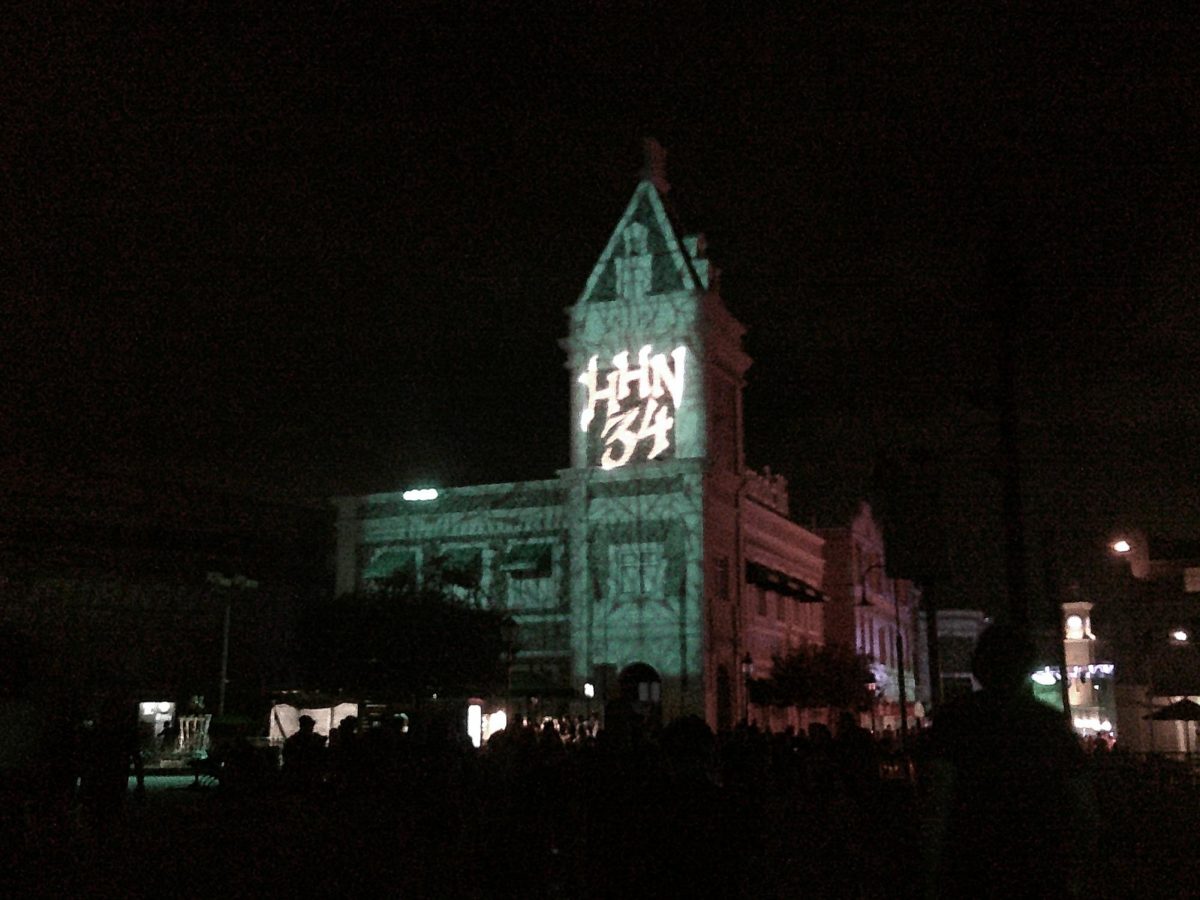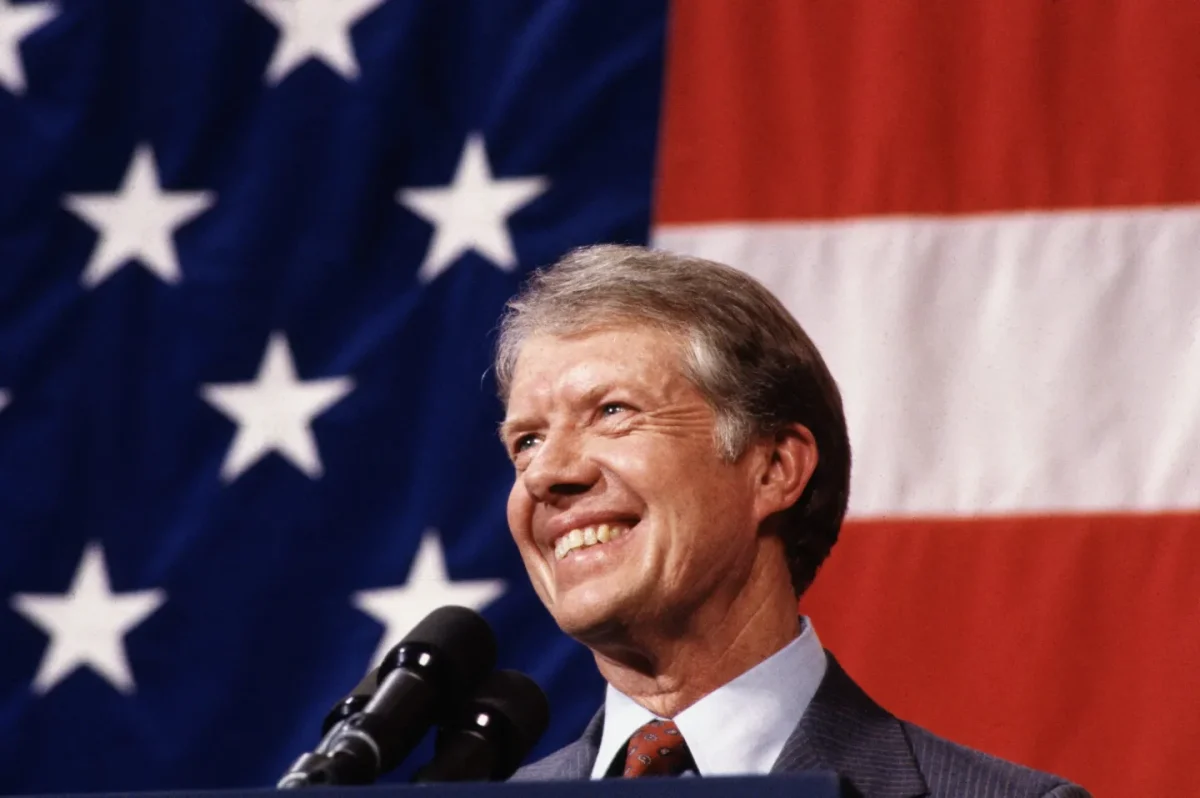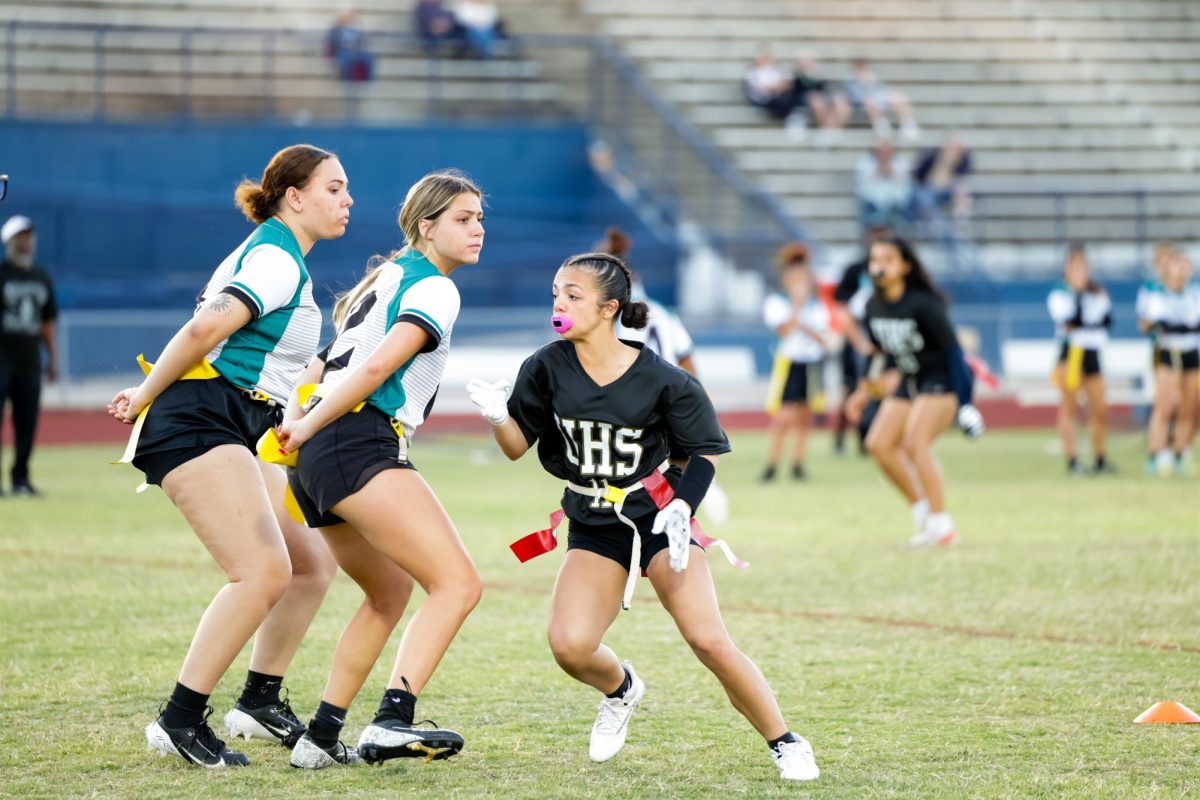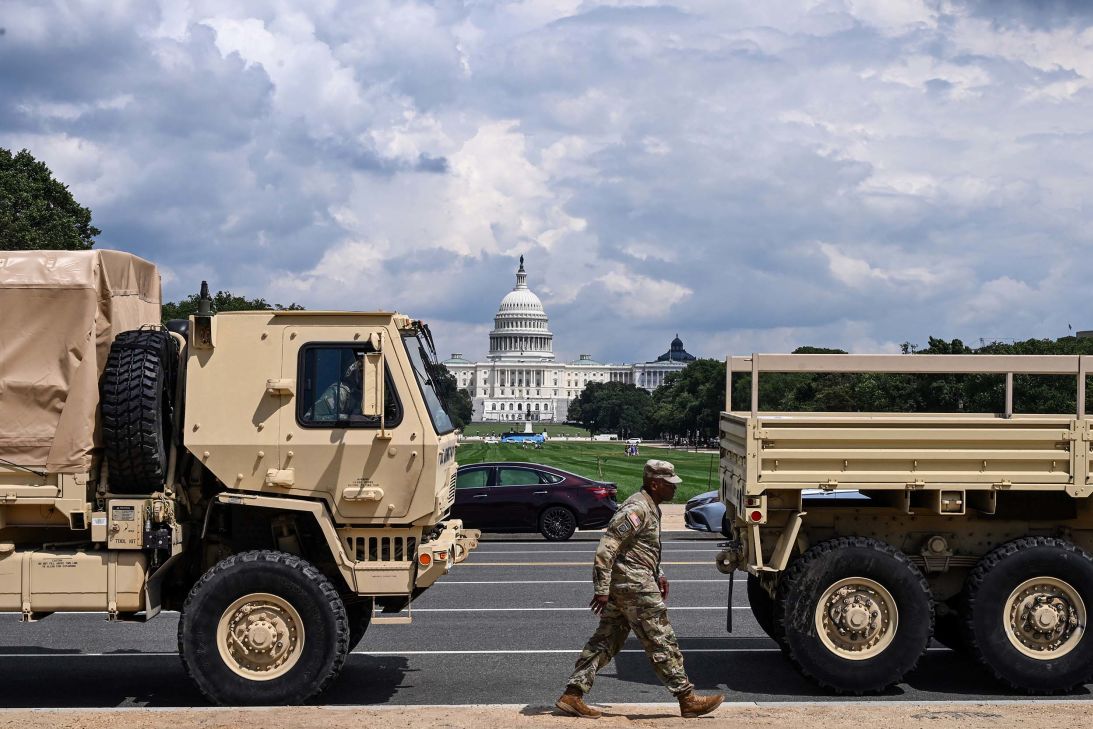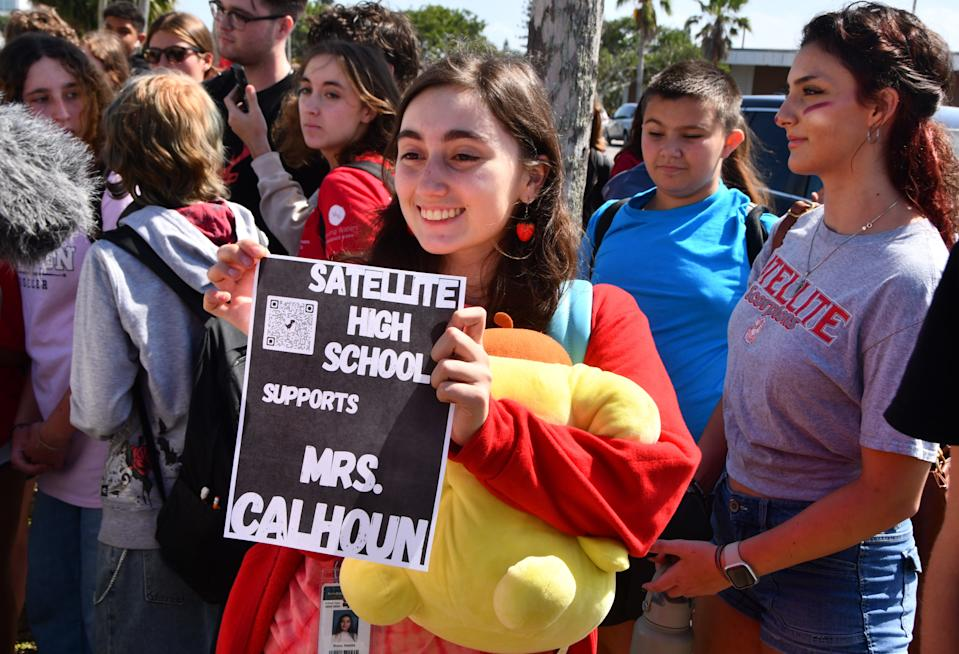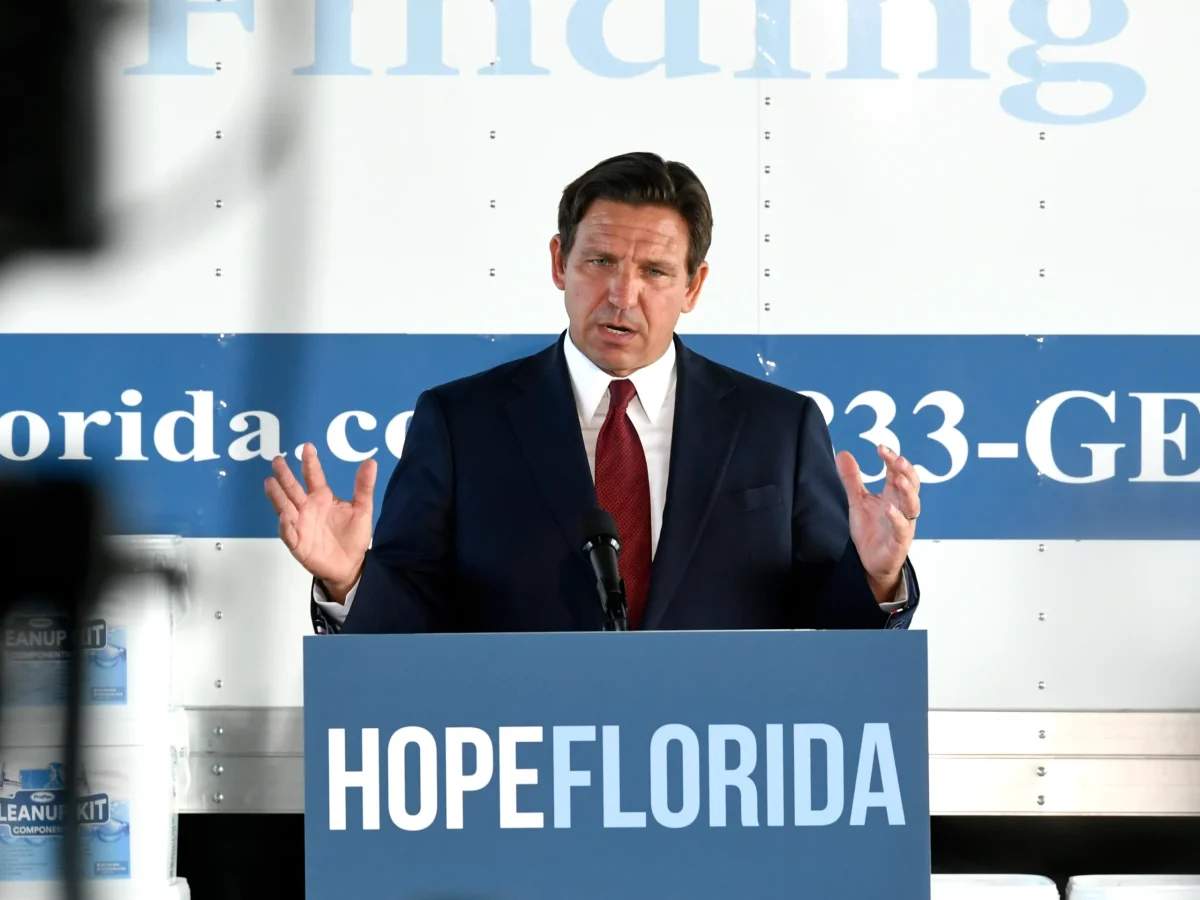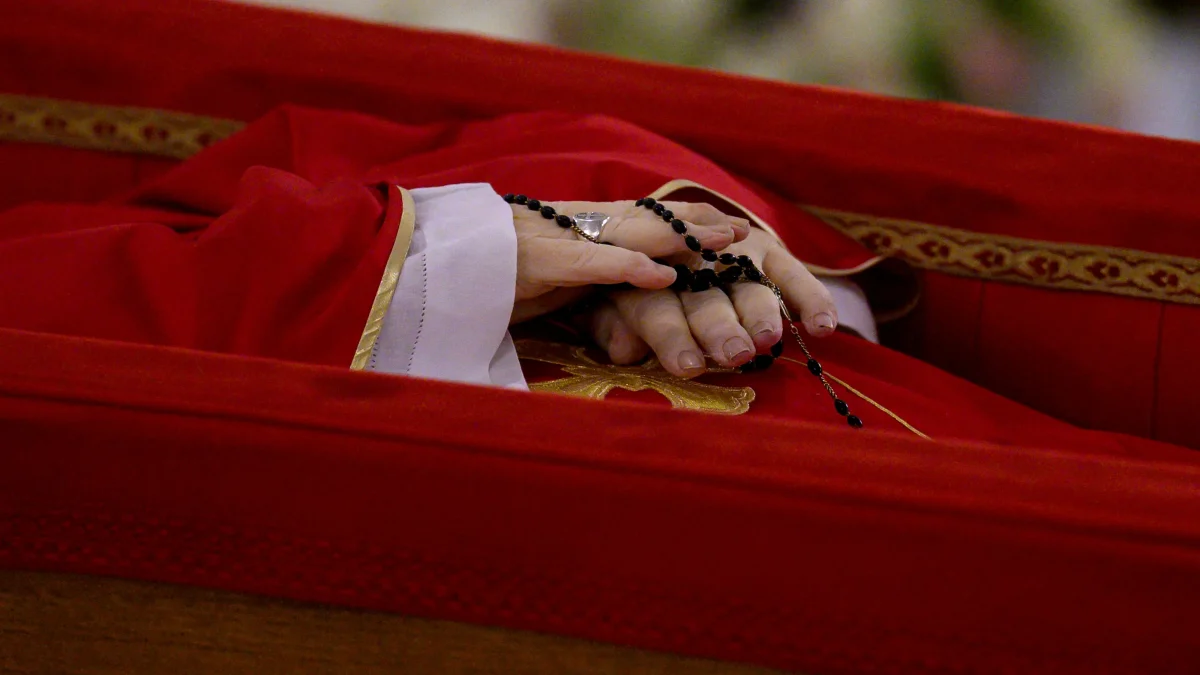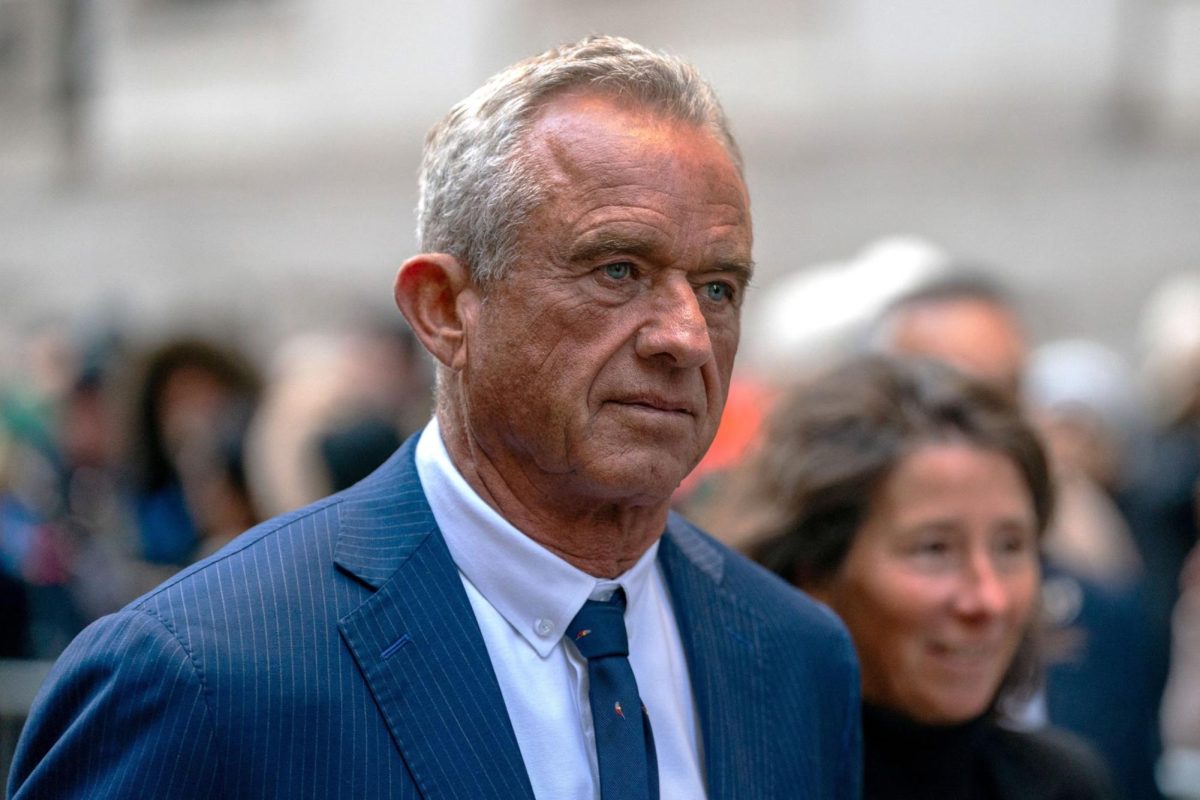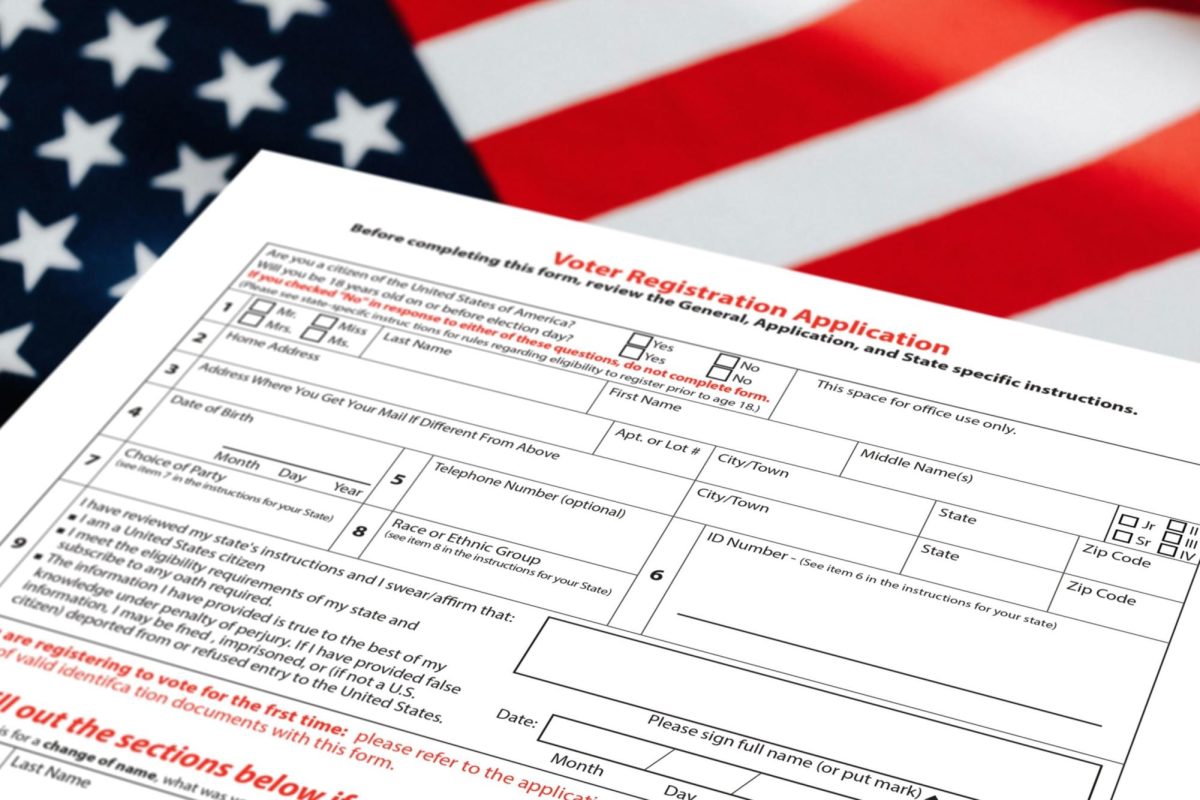The editor-in-chief of The Atlantic magazine revealed in an article on Monday that Trump-appointed U.S. officials disclosed to him potentially classified military information about air strikes on Yemen’s Houthi rebel targets on March 15th, hours before the U.S. carried out the assault.
Jeffrey Goldberg alleged that senior-ranking U.S. government officials accidentally added him to a Signal texting channel where they planned and mapped out the strikes. Goldberg opened his article with, “The world found out shortly before 2 pm Eastern time on March 15th that the United States was bombing Houthi targets across Yemen.” Goldberg wrote, “I, however, knew two hours before the first bombs exploded that the attack might be coming. The reason I knew this is that Pete Hegseth, the secretary of defense, had texted me the war plan at 11:44 am.”
There were a total of 18 members in the group, Goldberg wrote. Besides Waltz, notable members included someone identified as MAR, who Goldberg presumed was Secretary of State Marco “Antonio” Rubio, a user called ‘TG’, presumed US Director of National Intelligence Tulsi Gabbard, another user called Pete Hegseth, presumably the US defense secretary, someone called John Ratcliffe, the director of the CIA, and an individual identified as JD Vance, the US vice president. “I had very strong doubts that this text group was real, because I could not believe that the national-security leadership of the United States would communicate on Signal about imminent war plans,” Goldberg added.
Goldberg also raised the question of whether Waltz violated the Espionage Act, citing this to several national security lawyers interviewed by The Atlantic. The act makes it a crime punishable by up to 10 years in prison to handle national security secrets with such ‘gross negligence’ that it allows them to fall into the hands of an unauthorized person. “We made a mistake, we’re moving forward, and we’re going to continue to knock it out of the park for this president,” Waltz said in a Fox News interview.
Amid bipartisan concern of the leak and calls for defense secretary Pete Hegseth to resign, Hegseth told reporters on Monday, “I’ve heard how it was characterised. Nobody was texting war plans. And that’s all I have to say about that.”





